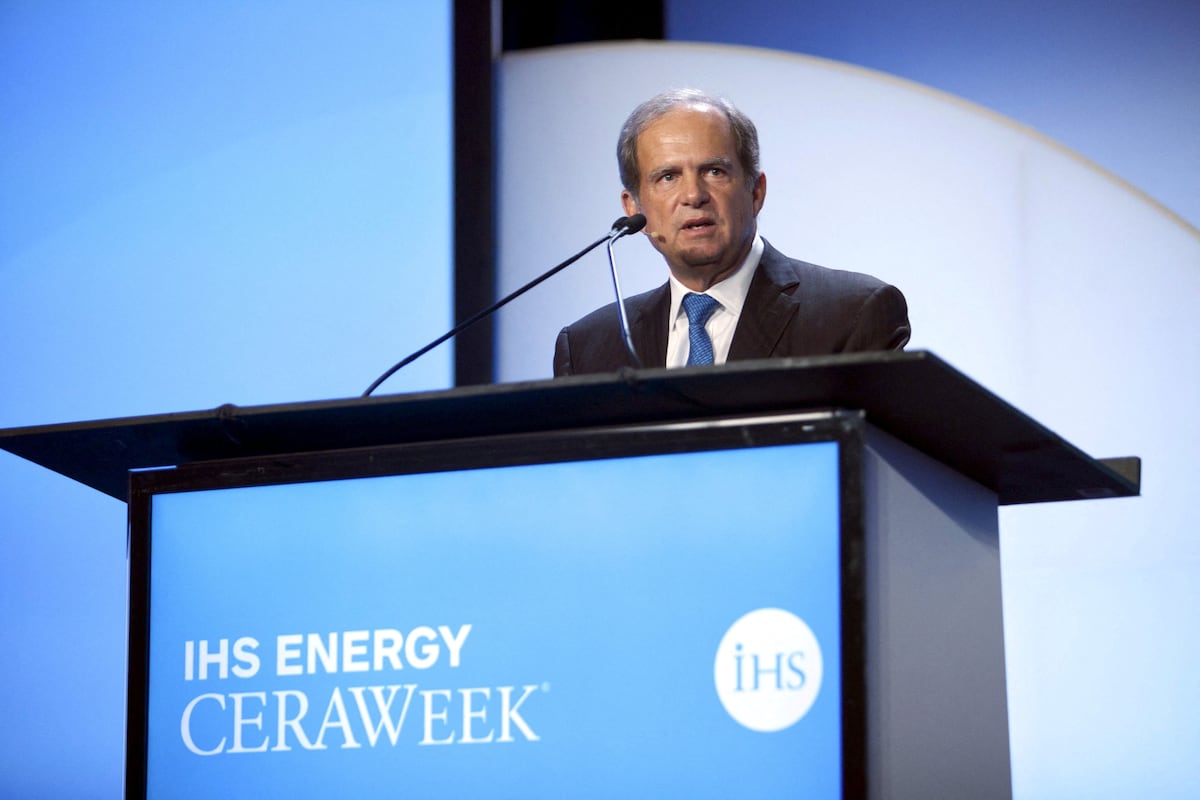The founder and former CEO of Pioneer, Scott Sheffield, will not be able to join Exxon’s board or exercise advisory functions once the oil giant completes the purchase of the firm he led. The Federal Trade Commission (FTC) has accused Sheffield of attempting to coordinate with representatives of OPEC and OPEC+ to reduce oil production, leading to higher prices for consumers. Although Pioneer rejects the accusations, Sheffield’s veto is a condition of the merger approval.
Exxon agreed to buy Pioneer last year for $60 billion, pending regulatory approval. The FTC’s decision to veto Sheffield is aimed at preventing collusive activities that could increase crude oil prices and harm American consumers and businesses. The FTC alleges that Sheffield coordinated oil production reductions in the Permian Basin through public statements and private communications with OPEC representatives.
The FTC resolution states that Sheffield’s appointment to Exxon’s board post-merger could lead to further coordination in the industry and undermine competition. The FTC also notes Sheffield’s current role as a director of The Williams Companies, which operates in sectors that overlap with Exxon. Exxon is prohibited from appointing any Pioneer employee or director as a director for five years following the merger.
Pioneer maintains that Sheffield’s actions were in the interest of investors, employees, and the American energy industry. The company states that Sheffield’s efforts were aimed at addressing a collapse in oil demand during the pandemic, arguing that his statements were protected by freedom of expression. Pioneer, under Sheffield’s leadership, has been a key player in the shale oil boom in the US, becoming the largest oil producer in Texas and acquiring other companies to expand its operations.
The merger with Exxon would create the largest oil producer in the Permian Basin and provide Exxon with access to prime drilling locations for decades to come. Unlike conventional crude oil, shale oil and gas require hydraulic fracturing for extraction, making them somewhat controversial but profitable in high oil price environments. The merger would further solidify Exxon’s position in the industry and expand its production capacity in


